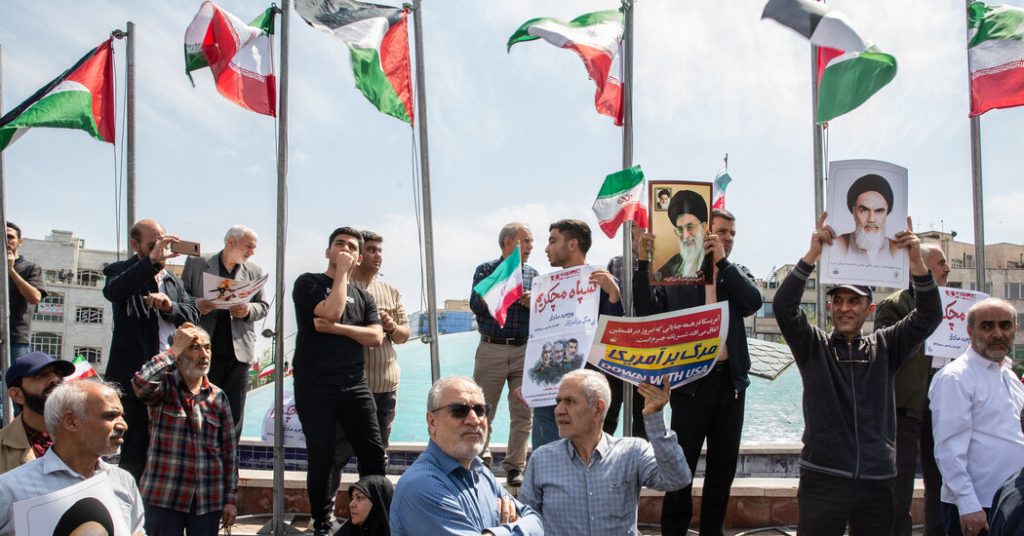In the wake of a recent attack by Israel on Iran, tensions are running high in the region as both countries engage in tit-for-tat strikes. The recent attacks have escalated the conflict between the two nations, raising fears of a regional war. However, there are indications that both Iran and Israel may be looking to de-escalate the situation. Israel’s response to Iran’s initial attack demonstrated restraint, and Iranian officials have suggested that they do not want to engage in further direct conflict with Israel.
This conflict comes against the backdrop of numerous challenges facing Iran, including economic turmoil and internal dissent. The Iranian economy has been struggling, with the value of the rial plummeting and inflation rates remaining high. Additionally, there have been widespread complaints about corruption and economic mismanagement by the ruling clerics and the Islamic Revolutionary Guards Corps. The government is also facing increasing pressure from a population that is demanding social and political freedoms and greater economic prosperity.
Internal dissent in Iran has been on the rise in recent years, with protests against the government becoming increasingly frequent and widespread. The government has responded to this dissent by cracking down on dissenters and imposing strict measures to maintain control. Recent protests led by women against the hijab law have sparked a harsh response from authorities, with security forces being deployed to enforce the law and punish those who defy it. This crackdown has added to the anxieties of many Iranians who are already living in a state of fear and uncertainty due to the escalating tensions with Israel.
The revival of the morality police and the enforcement of strict social and cultural rules have sparked outrage among many Iranians, including supporters of the government. Critics argue that these measures are counterproductive and are only exacerbating divisions within Iranian society at a time when unity is needed. The government’s intolerance of criticism and dissent, as evidenced by the criminal charges brought against journalists and analysts who have spoken out against the government’s policies, further demonstrates the government’s determination to maintain control and suppress any form of opposition.
Despite the challenges facing Iran, analysts believe that the government will continue to pursue a hostile stance towards Israel while also maintaining strict enforcement of social and cultural rules. This dual approach is seen as a way for the government to project strength abroad while also asserting control at home. However, the current situation remains volatile, with the potential for further escalation of conflict between Iran and Israel. The international community is closely watching the situation, urging both sides to exercise restraint and work towards a peaceful resolution.


